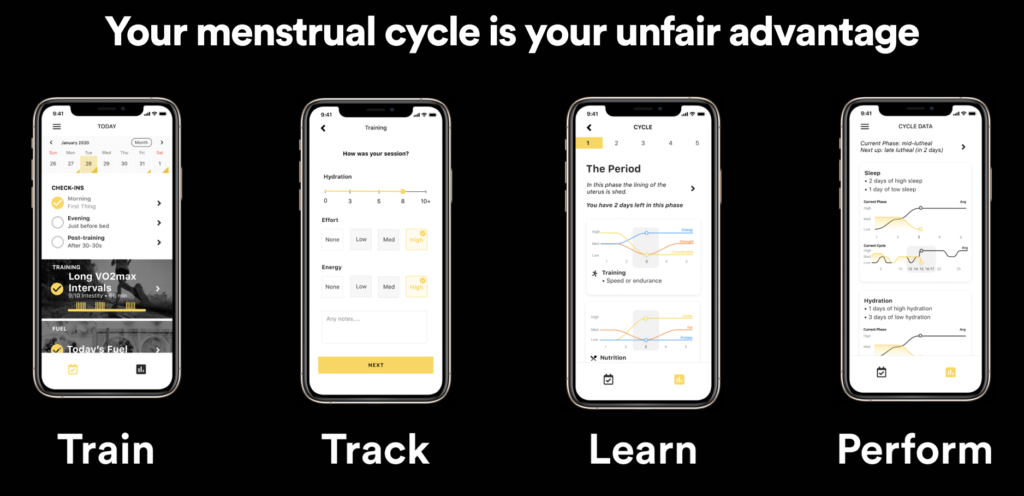Listen to the full episode of The Healthtech VC podcast on Apple Podcasts or Spotify.
If ever there were an inspirational role model for women, it’s Hélène Guillaume. From ice-swimming and rugby to running a 100Km ultra-marathon, she is a committed extreme sports enthusiast. However, growing up she didn’t love being a woman in performance sports. She noticed that there was little to no representation of women in sports and medical research, in the sports media and within many sports companies. Using this pain point, Hélène founded her startup, Wild.AI, an app that helps women across all stages of life to eat, train and recover based on their menstrual cycle and hormones. Hélène wants to create the world’s largest and most powerful dataset to unlock our understanding of female physiology.
In this podcast we discuss how the menstrual cycle and hormones affect women and how women are not just small men. Women’s nutritional needs change across the menstrual cycle which means that understanding one’s hormones as a woman allows maximising and optimising training and recovery.
We explore how Wild.AI is working across three key areas:
- Creating an app that helps women to eat, train and recover based on their menstrual cycle and hormones.
- Positive messaging about female bodies and female health, both in the app and in the wider media and policy context.
- Creating the ‘Bloomberg of femtech’ by building powerful datasets of female physiology and health to drive forward research.
Hélène says governments and policymakers have a role in advancing the agenda of female health by ensuring that women are equally represented in scientific and medical research. Always finding creative ways to represent her startup, Hélène pitched on the TV show ‘Dragon’s Den’, which is the UK’s version of ‘Shark Tank’ where she famously turned down investment offers from two dragons. She discusses the drivers for going on the show and the learnings from that very unique experience.

Wild.AI are conducting their own research, the most recent investigating the impact of the covid vaccines on women’s menstrual cycles. The many insights being garnered from the app can help advance the future of personalised solutions in women’s health. Many wearables today are still built for men e.g. if your temperature rises, the Oura Ring might tell you that you are sick. Not always true for a woman where a rise in body temperature can also indicate pregnancy, ovulation or perimenopause. However, some large companies are starting e.g. Whoop are starting to take the female body and female needs more seriously and are exploring how better to serve women. The increased awareness of needing to serve the female consumer presents opportunities for partnerships and collaboration with Wild.AI.
There are many inspiring investors on board at Wild.AI, including the co-founder of 23&me. Hélène discusses her experience of pitching a female health tech product to male investors, her views on the term ‘femtech’ and she explains what she is looking for in investors.
Meet Hélène: https://www.linkedin.com/in/heleneguillaume/
